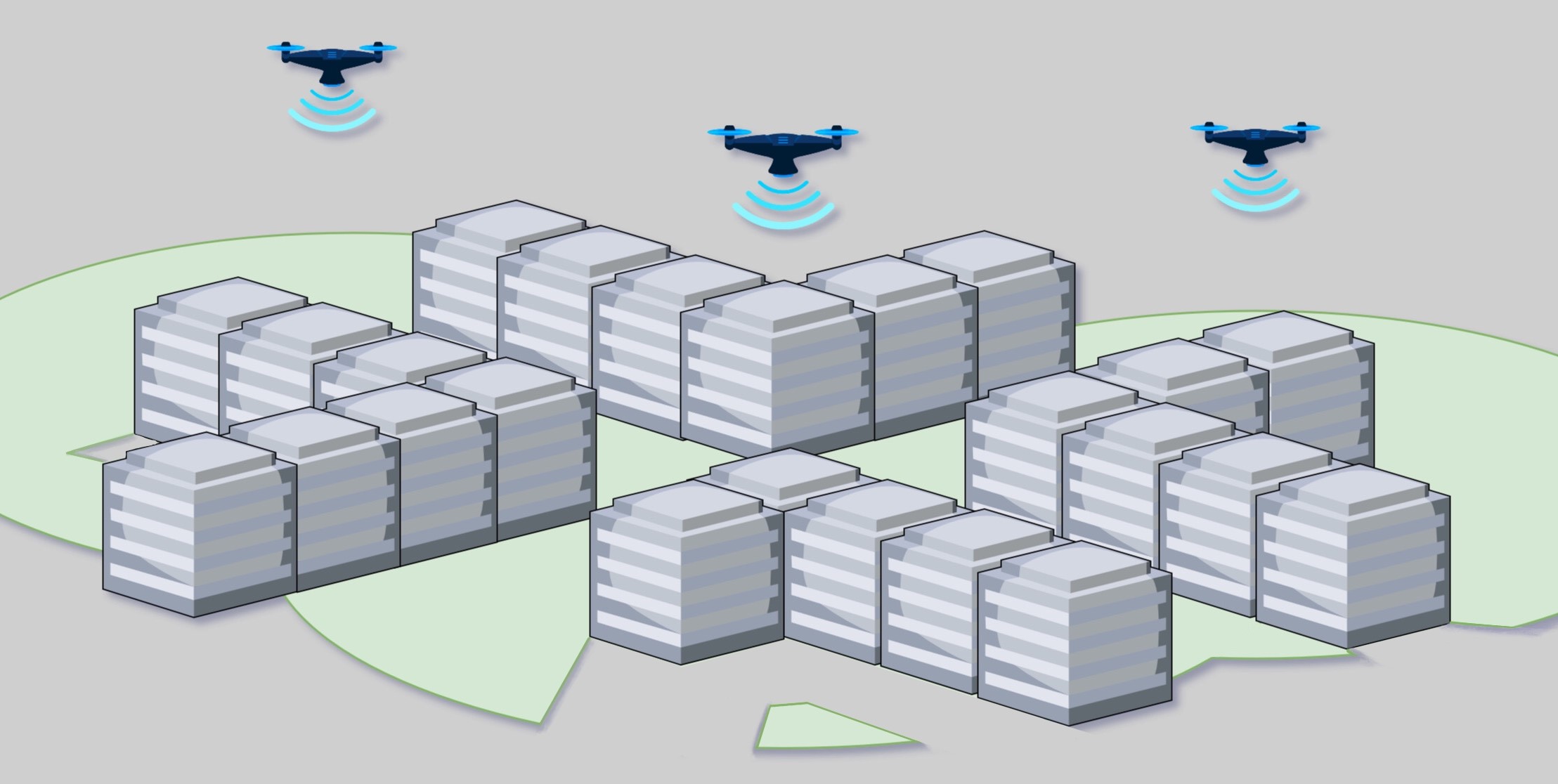
Multi-Agent Search/Surveillance of Adversarial/Evasive Agents
Robots nowadays are becoming increasingly powerful with the advancement of on-board sensing and computing capabilities, enabling them to autonomously perform more intelligent tasks. Among these, the multi-agent search and surveillance problem has garnered significant research attention and practical application in various fields, including search-and-rescue, indoor patrolling, wildlife habitat monitoring and vehicle monitoring in urban scenarios. In such cases, the targets may be moving in an unknown or potentially adversarial manner, actively attempting to avoid detection by the robots. For example, targets can avoid detection by concealing themselves behind the obstacles and then escape when robots move away. To counter this, the robots must construct a comprehensive understanding of their environment, starting from empty or inaccurate/partial knowledge, and thorouthly sweep through it in search for targets of interest. The robots are expected to devise a well-coordinated strategy that can scale to larger teams. An ideal strategy would be either to maintain a safe area that no intruders can break into, or to monitor/track/capture already located targets.
This project encompasses various aspects ranging from multi-agent reinforcement learning in a mixed cooperative-competitive environment, high-fidelity simulation, to the deployment on quadrotor drones with onboard computation and sensing.
Related recent publications:
- Intent-based Deep Reinforcement Learning for Multi-agent Informative Path Planning (preprint)
- Multi-Agent Dynamic Ergodic Search with Low-Information Sensors
- DAN: Decentralized Attention-based Neural Network to Solve the MinMax Multiple Traveling Salesman Problem
People
Guillaume SARTORETTI





